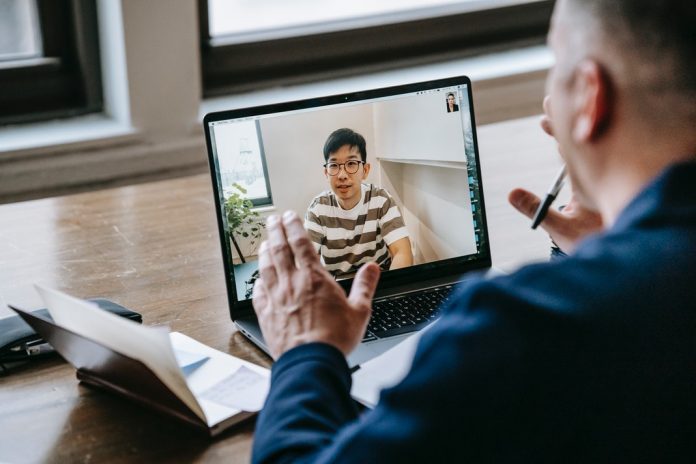by Stephen Hobbs
Every mentoring arrangement is affected by the beliefs and assumptions, and behavior and experiences each person brings to the mentoring relationship.
The degree to which the mentor and mentee are aware of them and commits to openly and tacitly sharing them guides the depth of the possible conversations.
Therefore, for the mentoring relationship to be successful (win-grow) the mentor and mentee – separately and together must:
- agree on the meaning assigned to the topic areas
- decide if this belief-assumption & behavior-experience awareness influences the mentoring arrangement
- define the terms and concepts associated with the conversational topics
- reflect on how the definitions and agreement of the definitions are influenced by each other’s beliefs and assumptions, and behavior and experiences
- share openly the influence this awareness has on their relationship
- take appropriate action based on these actions
At it’s core, a mentoring relationship has the mentor and mentee:
- care for each other – to ensure well-being
- clarify expectations about options
- consider establishing and sustaining a life-long friend, even business partner
- demonstrate openness and honesty
- demonstrate patience, flexibility and discretion
- demonstrate trust and respect
- dialogue about successes and failures, and derive learning to move forward
- establish a win-grow connection in favor of both succeeding
- establish the ground rules of an “ideal relationship”
- focus their conversations in descriptive and explanative, rather than prescriptive terms
- look forward to spending time together
As the mentor and mentee develop and participate in their relationship they learn about themselves as individuals, each other as co-creators, the mentoring arrangement and the associated outcomes each derives from active participation that extends into other relationships.
A partial list of outcomes follows:
- career advancement… develop knowledge and skills
- collaboration… co-create while developing competence
- confidence… contribute from self-awareness
- confidentiality… demonstrate trust and respect
- decisions making… make sense of topics for learning and action
- discernment… clarify from consistency
- future orientation… share learning conversations
- job progression… improve performance
- partnership… establish agreement to meet
- personal development… maximize potential
- personal safety… create an environment in which to meet and dialogue
- promise keeping… communicate for commitment
- self-concept… become the person you decide to be
- self-regulation… encourage learning for action
- social connections… express empathy
- social skills… provide psycho-social support
As you engage in the mentoring relationship, return to this checklist often. Determine if you are experiencing these outcomes and/or others.
Where you are experiencing the outcome, share appreciation with the other person.
Where you are not experiencing the outcome, dialogue about ways to weave the outcome into your relationship.
Based on your shared experience, if and when new outcomes are identified, be sure to update this list for the next mentoring relationship you have.
About
Please upload your updates on http://www.gomentr.com. Use the search term “mentoring relationship” as a keyword in your posting. Explore what others are posting as well as revisions to this document using the same search term.
In addition, if you seek clarification on one or more of the mentoring arrangement insights identified above, please correspond with Dr. Stephen Hobbs, Chief Mentoring Officer on GOmentr. Join his network to extend the conversation.











































